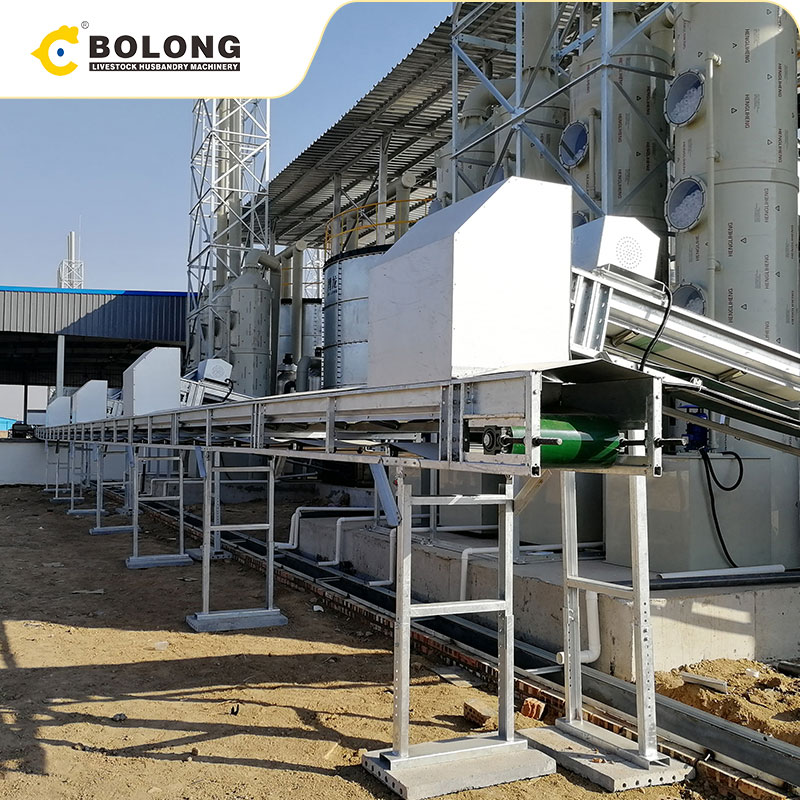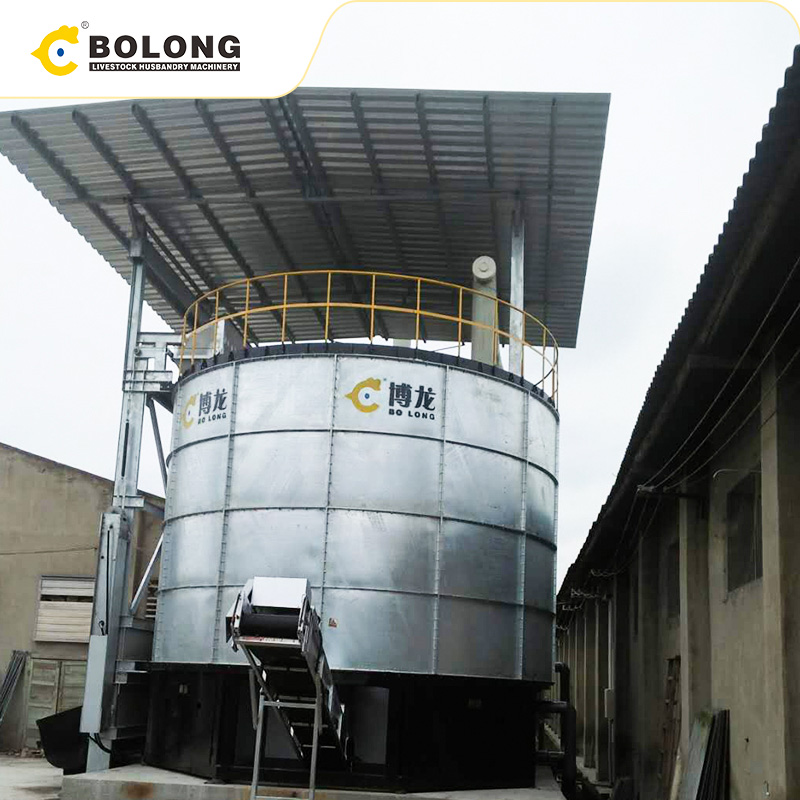Composting Machines: Catalysts for Green Agriculture
As global environmental consciousness surges, green agriculture has emerged as the cornerstone of sustainable farming. At the heart of this movement lie composting machines, revolutionary tools that transform organic waste into ecological assets. This article explores how these innovations drive the growth of green agriculture by merging efficiency, sustainability, and resource stewardship.
1. The Shift from Chemical to Organic: A Fertility Revolution
Traditional chemical fertilizers have long dominated agriculture, but their environmental toll—including soil degradation and ecosystem disruption—has sparked a global rethink. Green agriculture demands a paradigm shift toward fertilizers that nourish both crops and the planet:
- The Problem with Chemicals: Synthetic inputs may boost yields short-term but erode soil health over time, compromising long-term productivity.
- The Organic Advantage: Organic fertilizers, rich in natural nutrients, enhance soil structure, water retention, and biodiversity, aligning with green agriculture’s goals of resilience and low impact.
By prioritizing organic solutions, farms can break free from chemical dependency while cultivating healthier ecosystems.
2. Composting Machines: Redefining Organic Fertilizer Production
Composting machines are the backbone of efficient organic waste recycling, offering three key advantages:
① Speed and Consistency
Gone are the days of months-long traditional composting. Modern machines create optimized environments for microbial activity, accelerating decomposition to a fraction of the time. With automated controls for temperature, humidity, and oxygen, these systems ensure consistent, rapid results—even in challenging weather conditions.
② Quality and Purity
Composting machines deliver fertilizers that are both potent and safe:
- Complete Breakdown: Thorough mixing ensures organic matter is fully decomposed, releasing nutrients in forms readily absorbable by plants.
- Pathogen Elimination: High-temperature processes eliminate harmful microbes and weed seeds, producing fertilizer that’s safe for use without risk of contamination.
The result? Nutrient-dense inputs that drive crop vitality while protecting soil health.
③ Environmental Stewardship
Composting machines embody green agriculture’s ethos by minimizing waste and pollution:
- Closed-Loop Systems: Sealed tanks reduce odors and prevent harmful gas emissions, while integrated filtration ensures air quality compliance.
- Zero Waste Philosophy: Every ounce of organic waste is transformed into a valuable resource, eliminating the need for landfilling and reducing the carbon footprint of farming operations.
3. Policy and Market Trends Accelerating Composting Machines Adoption
Governments and industries worldwide are rallying behind composting technology:
- Policy Support: Incentives like equipment subsidies and tax breaks are making composting machines accessible to farms of all sizes, driving the transition to organic practices.
- Market Demand: Consumer preference for sustainably grown products is fueling demand for organic fertilizers, creating new economic opportunities for farms that adopt these solutions.
As the green agriculture movement gains momentum, composting machines are poised to become indispensable tools for forward-thinking growers.
Ready to Transform Your Farm?
Composting machines are more than just equipment—they’re a gateway to a greener, more profitable future. By embracing this technology, farmers can:
- Reduce environmental impact while enhancing crop quality.
- Tap into growing markets for organic products.
- Future-proof their operations against evolving regulations and consumer expectations.
Take the Leap: Contact us today to explore how composting machines can be tailored to your farm’s needs. Together, we can build a agricultural system that nourishes the planet while securing your success.

